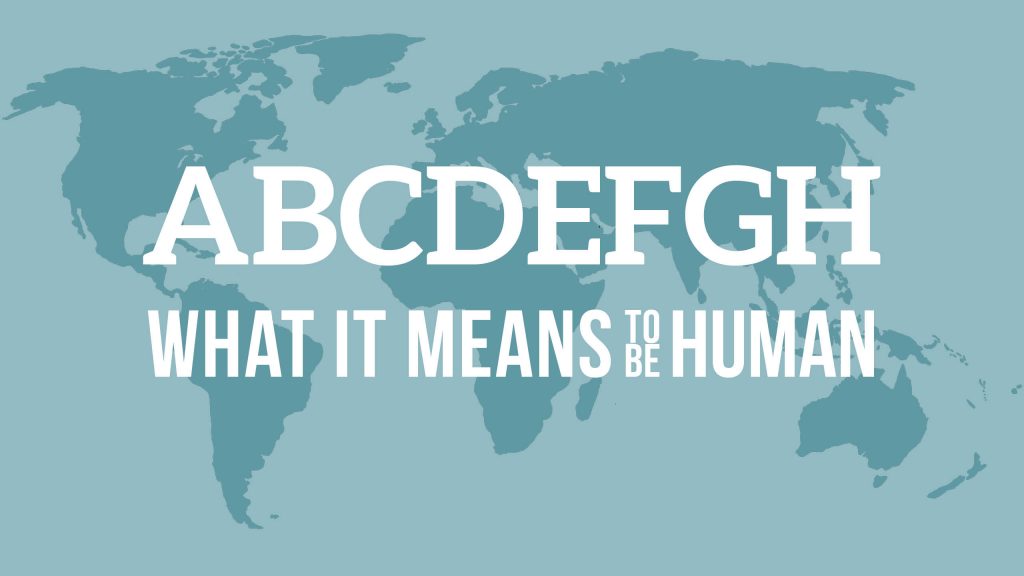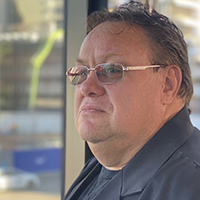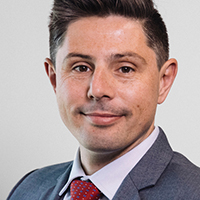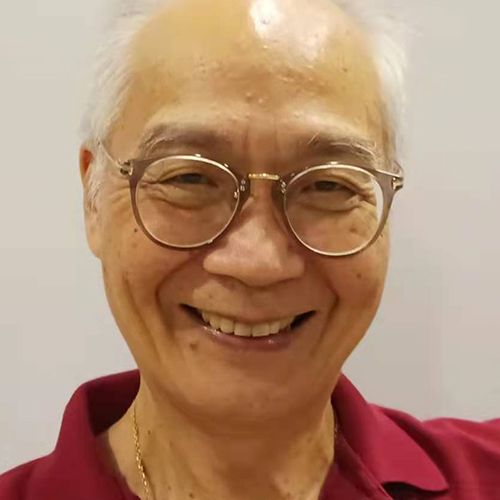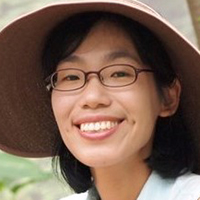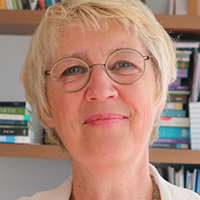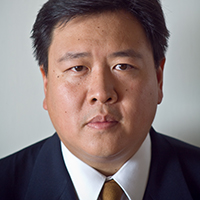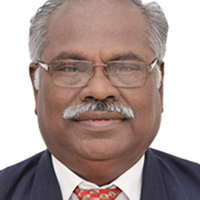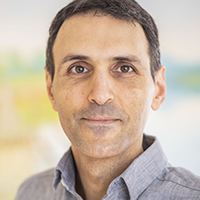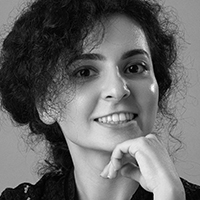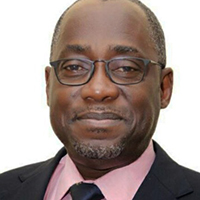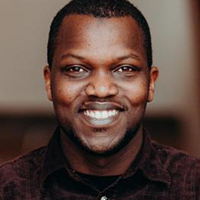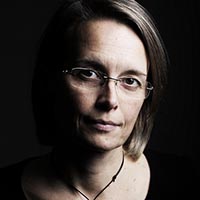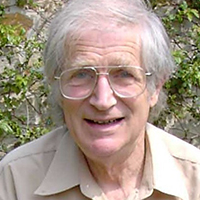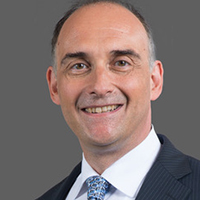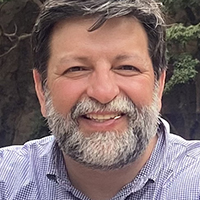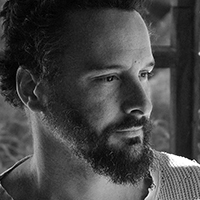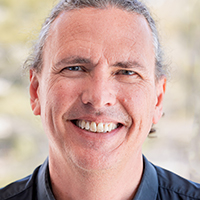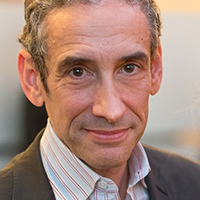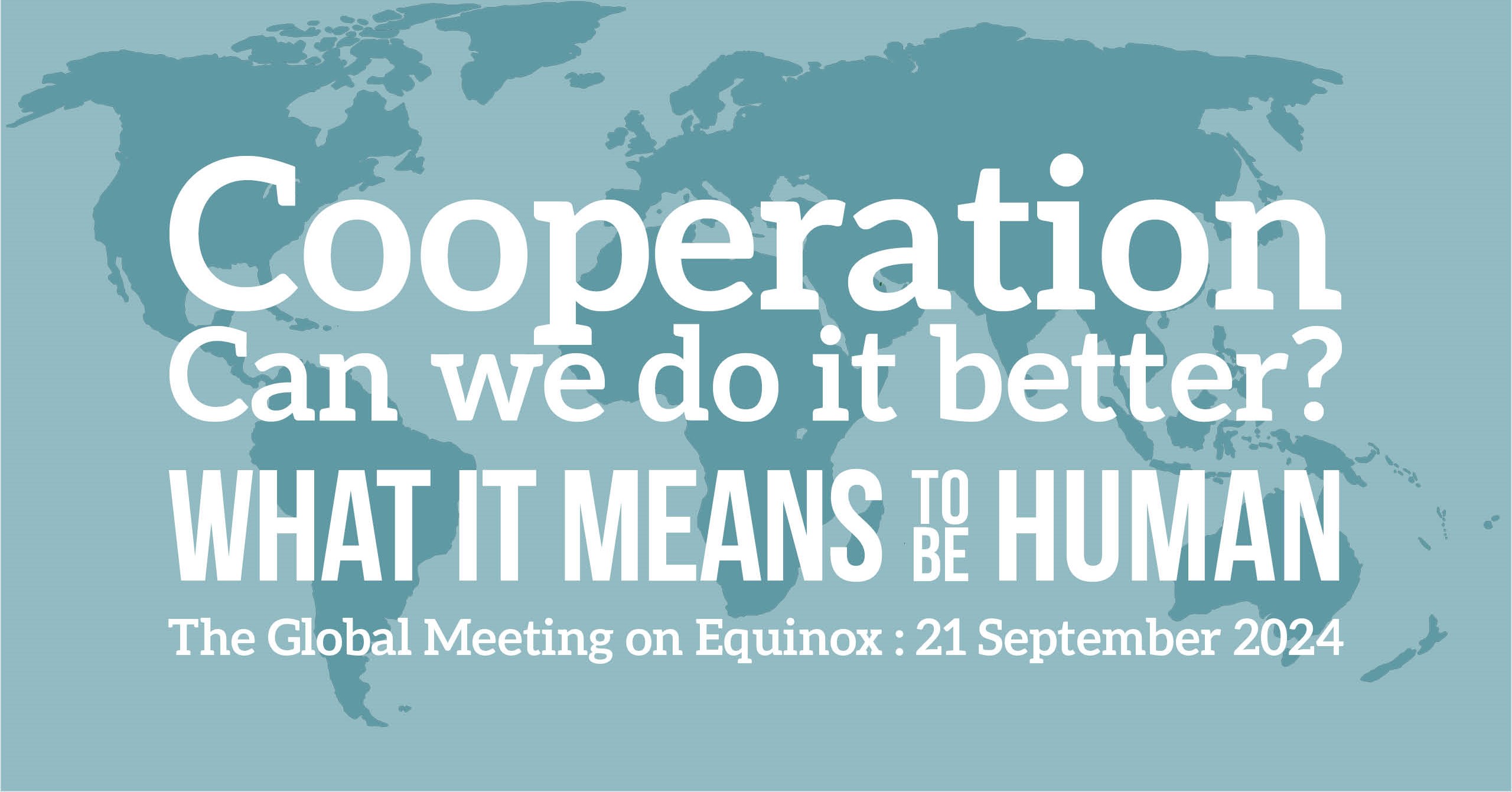
Check out the upcoming program for GME March 22, 2025:
https://www.globalbildung.net/what-it-means-to-be-human-2025-march-22/
On September 21, 2024, the online Global Meeting on Equinox gathered people from all over the planet for a global conversation about What it means to be human and how we can cooperate better.
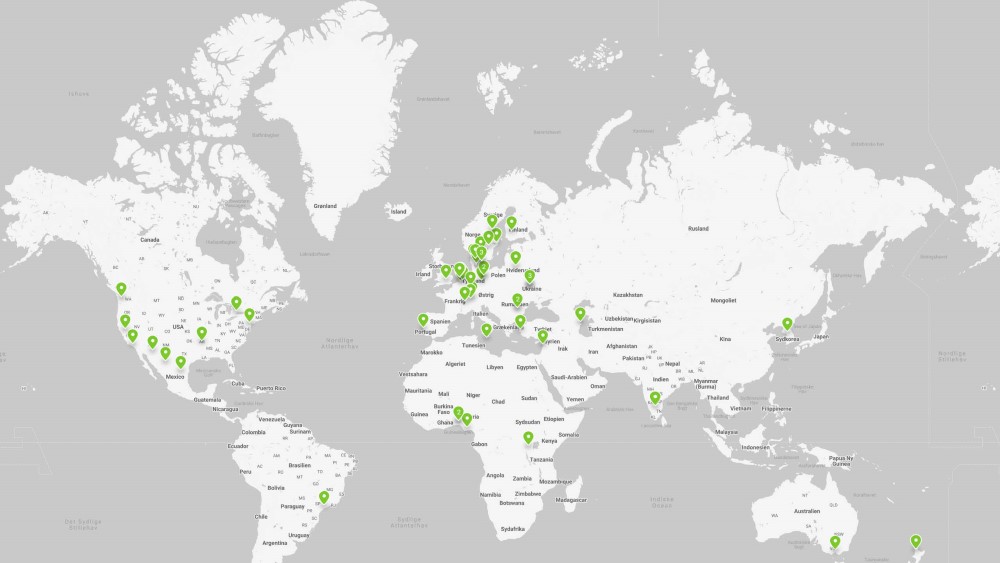
Over the course of 18 hours and 8 sessions, we travelled online from Oceania via East Asia, Asia, the Middle East, Africa, Europe, and Latin America to North America.
This is not about a utopia or soft psychedelic philosophy. This is where research meets values and dreams. We look to an improvement within the existing rules. Collaborative instead of competitive games. A “game of life” where people are free to move but do not end up polarised.
The Global Meeting on Equinox is a global conversation in March and September each year about what it means to be human and how we can create a future where everybody can thrive. We share insights into the challenges facing people and planet: the culture, ideas, and man-made interventions that lock us into the current arrangement that generates fewer and fewer ever-more-powerful winners and millions of losers.
What it Means to Be Human is also a book and a series of articles. Among them is ABCDEFGH and What it Means to Be Human, the intellectual backbone of this particular event, which you can watch as they appeared in the program below.
Info framing the event:
Intro article by Lene Rachel Andersen and Folarin Gbadebo-Smith
Why we need this now: article by Bob Bunge: https://medium.com/bildung/what-it-means-to-be-human-why-we-need-this-conversation-now-e6e146a4f05d
Introduction video to the Global Meeting on Equinox, 21 September 2024
Program and videos from September 21, 2024
Oceania, East Asia, Asia, & the Middle-East:
04:00-12:00 / 4am-12pm UTC
Hosts:
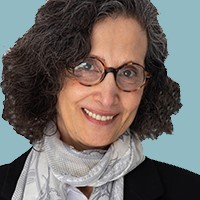
Eliane Metni
Lebanon & Canada
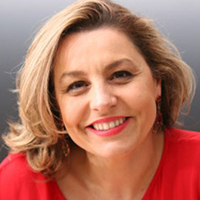
Ines Medeiros
Brazil
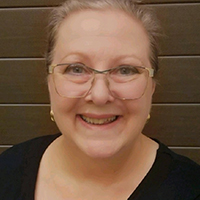
Józefa Fawcett
UK
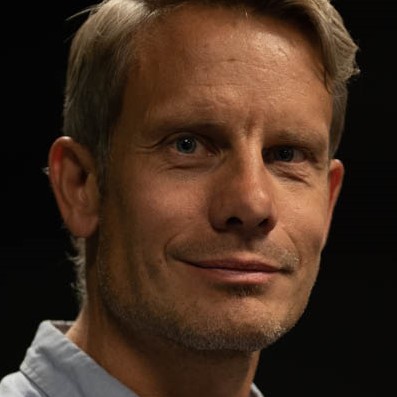
Martin Ivarson
Sweden
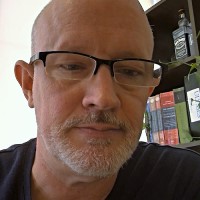
Robert McTague
USA & Romania
Oceania:
04:00-05:45 / 4:00am-05:45am UTC
16:00-17:45 / 4:00pm-5:45pm Wellington
14:00-15:45 / 2:00pm-3:45pm Melbourne
Watch the full session:
Watch the presentations only:
ABCEDFGH and What it means to be human and to cooperate with nature and humans. Maori culture is rich in relationships to the land and cooperation with it, and modern cooperatives have a long tradition in Aoteaora New Zealand. We start this Global Meeting on Equinox with some thoughts about indigenous cooperation.
Gareth will discuss the growing movement to redesign the economy of Aotearoa New Zealand around the wellbeing of our people and planet. Learn what a Wellbeing Economy could look like and tools and policies to get there with an emphasis on the leadership coming from Te Ao Māori approaches.
East Asia:
06:00-07:45 / 6:00am-07:45am UTC
15:00-16:45 Tokyo / 14:00-15:45 Beijing
Watch the full session:
Watch the presentations only:
A for Artificial Intelligence; B for Biotechnology: How can we factor in these ground braking new aspects of human life on the planet as we try to solve our problems? ABCDEFGH: What it means to be human
The Korean cooperative Hansalim has an impressive 900,000 consumer members and 2,300 farmer members. Their mission is solidarity between consumers and food producers, they are very successful at it, and Dr. Miseong Cho is going to tell all about it.
Today, the means of cooperation is generally money; we organize and exchange work through setting a price. But it wasn’t always like that, and maybe there are more meaningful ways of organizing cooperation.
Suggested reading & podcast: Embrace the heretic
Asia:
08:00-09:45 / 8:00am-09:45am UTC
15:00-16:45 Bangkok / 13:30-15:15 Mumbai
Watch the full session:
Watch the presentations only:
C for Circularity and Circles: How can neighborhoods self-organize to solve local problems and create sources of income for those who have none? And what would housing look like if it were built around being good neighbors? Meet neighborocracy and Joseph Rathinam!
The Indian philosopher Jiddu Krishnamurti reflected on artificial intelligence through the critical question: “If the machine can take over everything man can do, and do it better, then what is a human being?” Krishnamurti challenges us to reflect on the nature of human thought and identity in an increasingly mechanized world.
The Middle East and Conclusion:
10:00-12:00 / 10:00am-12:00pm UTC
13:30-15:30 Tehran / 11:00-13:00 Rabat
Watch the full session
Watch the presentations only:
D for Demographics and how this affects global development and cooperation. Some reflections on the development in the Middle East and how it can resonate with ABCDEFGH: What it means to be human
Africa, Europe, Latin America, and North America:
14:00-22:00 / 2pm-10pm UTC
Africa:
14:00-15:45 / 2:00pm-3:45pm UTC
16:00-17:45 Cape Town / 15:00-16:45 Lagos
Watch the full session:
Watch the presentations only:
The Dusego Empowerment Hub is a community-driven initiative aimed at empowering rural youth through education, literacy, and skills development. Dieudonné will discuss the challenges rural Rwandan communities face, and the transformative power of education and entrepreneurship.
Europe:
16:00-17:45 / 4:00pm-5:45pm UTC
19:00-20:45 Kyiv / 18:00-19:45 Paris
Watch full session:
Watch the presentations only:
F for Finance and how we need to rethink our global economic systems if we are going to cooperate better and solve our problems. Lene Rachel Andersen is the main author of the ABCDEFGH and What it means to be human article. Suggested reading: Lene’s Polymodern Economics.
The way nature works and the way the current economic model works are fundamentally different. Ulrich Loening lists 9 ways they are fundamentally different, one of them is the concept of growth.
Suggested reading: Ulrich Loening’s Harmonise with Nature.
Cooperatives are based on democratic forms of organization and on principles of self-help, self-responsibility, self-management, and solidarity. Typical cooperative decision-making processes are more participatory than in conventionally organized companies.
Latin America:
18:00-19:45 / 6:00pm-7:45pm UTC
15:00-16:45 Sao Paulo / 13:00-14:45 Bogotá
Watch full session
Watch the presentations only:
G for Global dispersion of knowledge: Folarin Gbadebo-Smith co-authored the ABCDEFGH paper and will speak about the thoughts behind it and the need for global access to knowledge. ABCDEFGH: What it means to be human
Opportunities and challenges in helping students reach their fullest potential in Mexico. Armando Estrada will discuss the roles of different stakeholders and the exciting opportunities to leapfrog inequality in education through resignifying cohesion, commitment and capacities to transform education systems.
North America:
20:00-22:00 / 8:00pm-10:00pm UTC
16:00-18:00 / 4pm-6pm Washington DC
13:00-15:00 / 1pm-3pm Vancouver
Watch full session:
Watch the presentations only:
H for Humanity. Zak contributed to What it Means to Be Human, and at the previous event he spoke about The Last Educators and our basic humanity: https://www.youtube.com/watch?v=dynwKfsFxUo Zak will return to this and to ABCDEFGH: What it means to be human
Are Bildung Humans an endangered species? Or is there hope? Steve Joordens wrote the sadly satircal chapter The Decline of the Bildung Human in the book What it Means to Be Human. When we meet at the GMoE, Steve will tell us if Bildung Humans will survive…
What it is that humans can do that our machines and programs cannot? And how can we transcend the Industrial Age understanding of human beings purely in terms of their utility value, and begin to recognize our intrinsic value instead?


